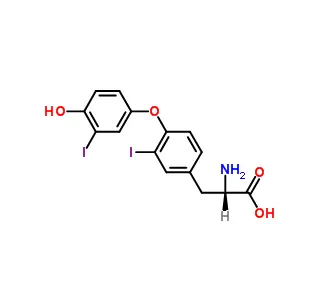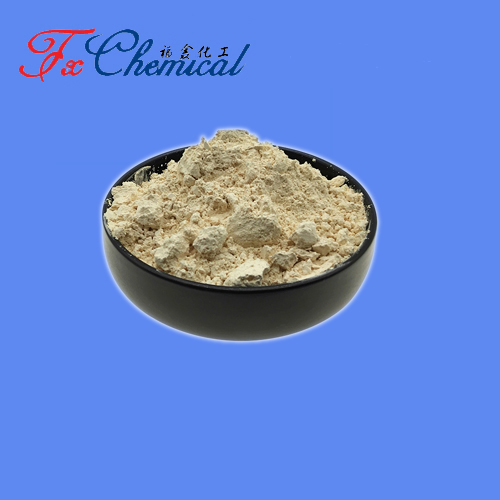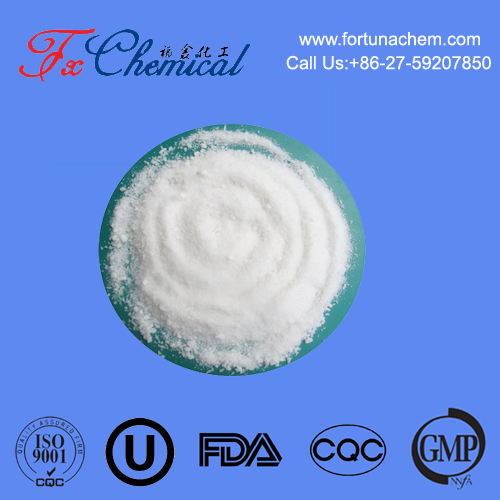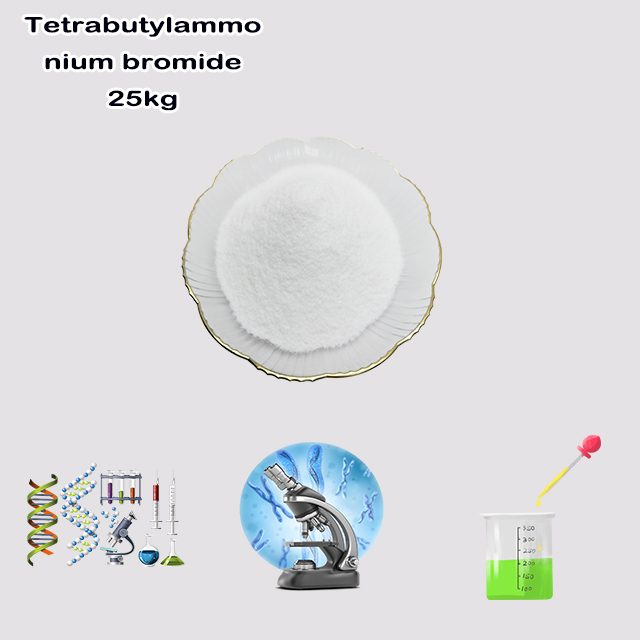
Search

Search

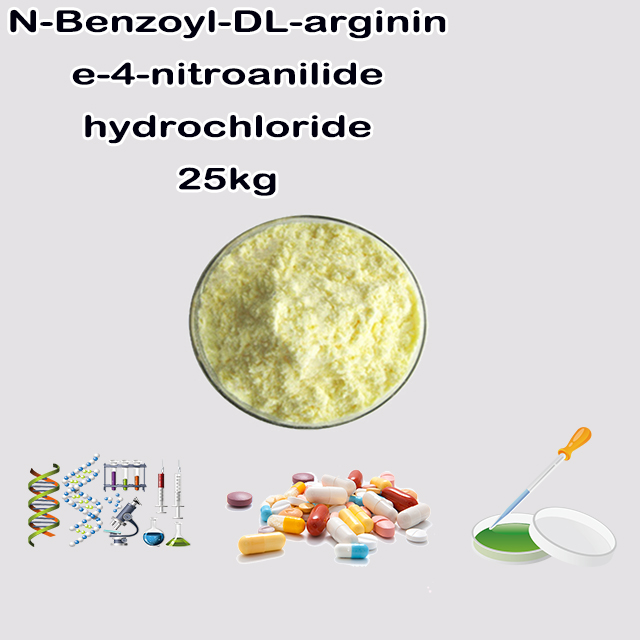
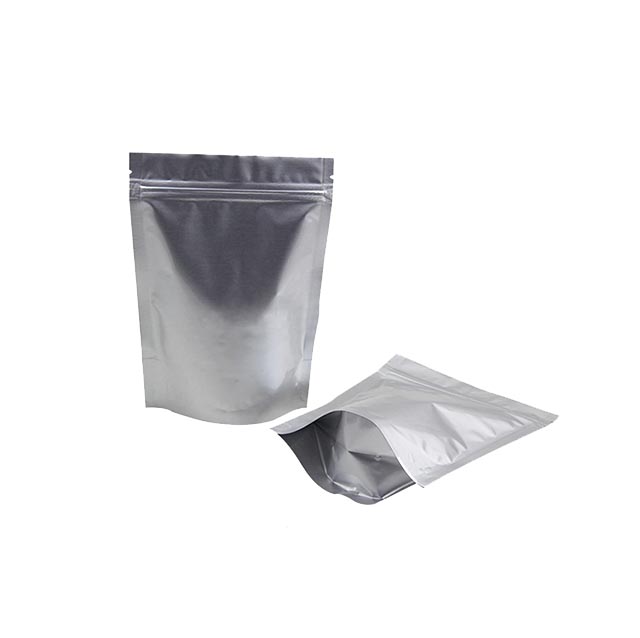
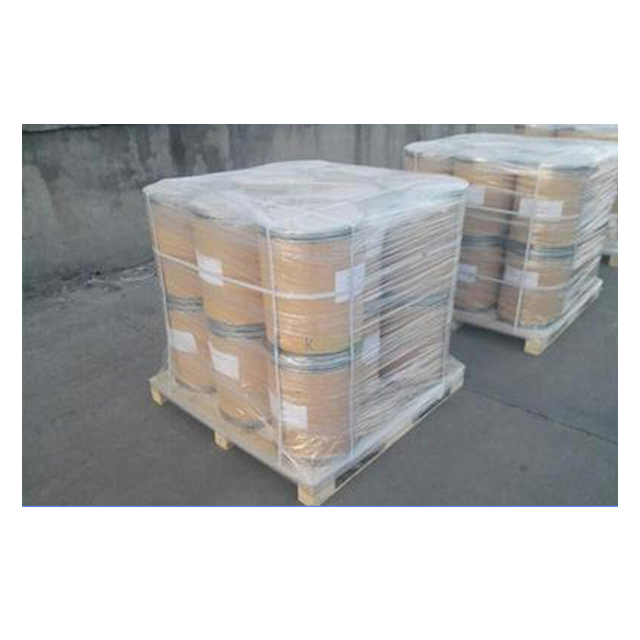
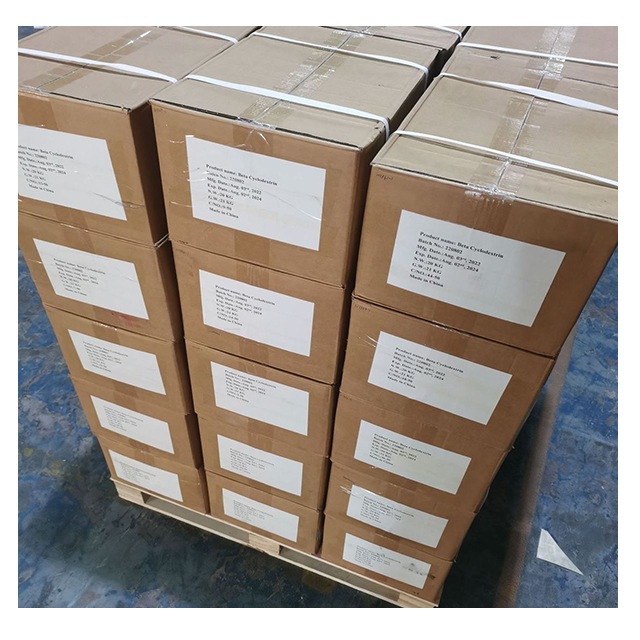
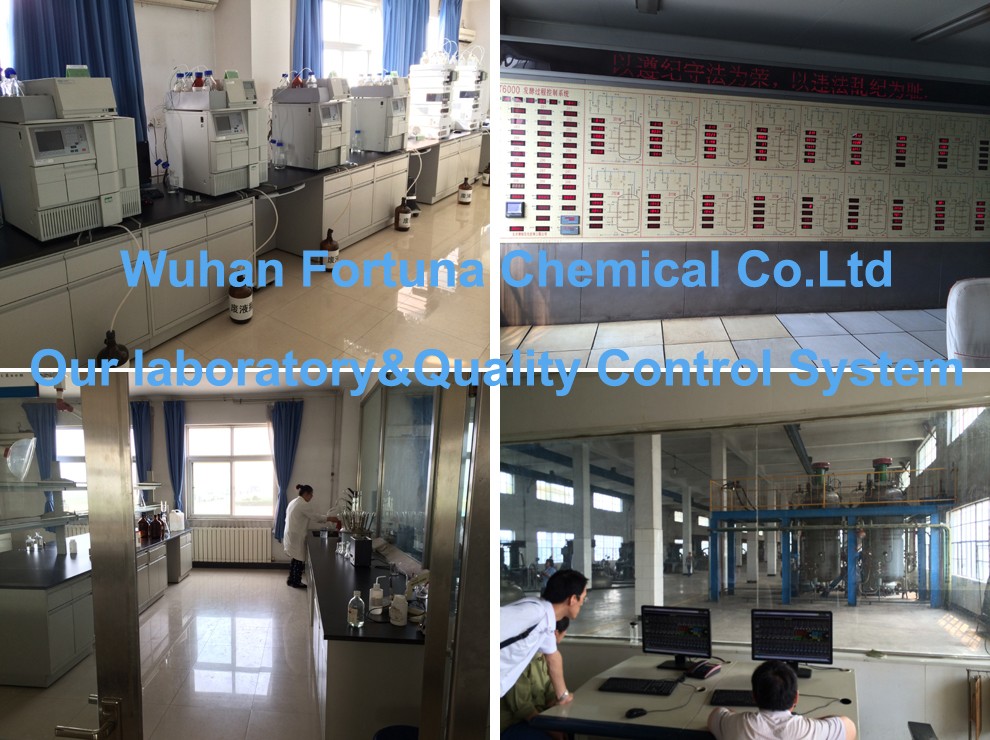





N-Benzoyl-DL-arginine-4-nitroanilide hydrochloride (BAPNA) is a chromogenic substrate used to measure protease enzyme activity (e.g., trypsin, thrombin). Composed of a synthetic peptide (N-benzoyl-DL-arginine) linked to a yellow chromophore (4-nitroaniline), it releases 4-nitroaniline upon enzymatic cleavage, detectable spectrophotometrically at 405 nm. The hydrochloride salt enhances solubility in aqueous buffers. Widely employed in biochemical assays and clinical diagnostics (e.g., blood clotting studies), it quantifies protease activity via colorimetric change. Its stability and specificity make it a standard tool in enzyme kinetics, drug development, and research on proteolytic pathways. Handle with standard lab precautions due to chemical reactivity.
N-Benzoyl-DL-arginine-4-nitroanilide hydrochloride is a synthetic chromogenic substrate used to assay protease enzyme activity, particularly trypsin-like serine proteases. Its structure combines:
N-Benzoyl and DL-arginine (a racemic amino acid mix) as the peptide backbone.
4-nitroanilide as a chromophore, which releases yellow 4-nitroaniline (detectable at 405 nm) upon enzymatic cleavage.
Hydrochloride salt for enhanced solubility in aqueous buffers.
Applications:
Measures protease activity in research, clinical diagnostics (e.g., blood clotting factors), and drug development.
Used in kinetic studies to monitor enzymatic hydrolysis rates.
Mechanism: Proteases cleave the peptide bond between arginine and 4-nitroaniline, producing a color change proportional to enzyme activity. A key tool in biochemical and pharmaceutical laboratories.
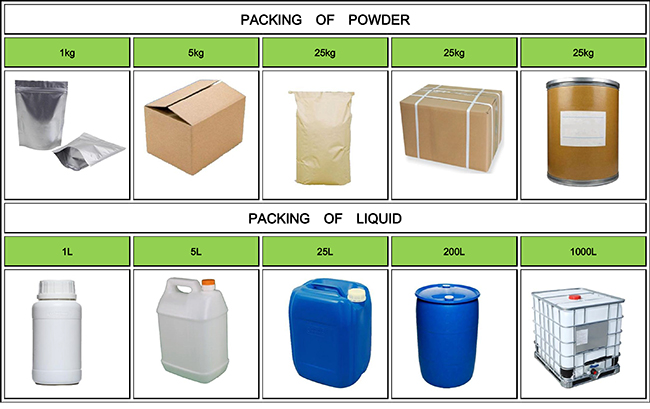
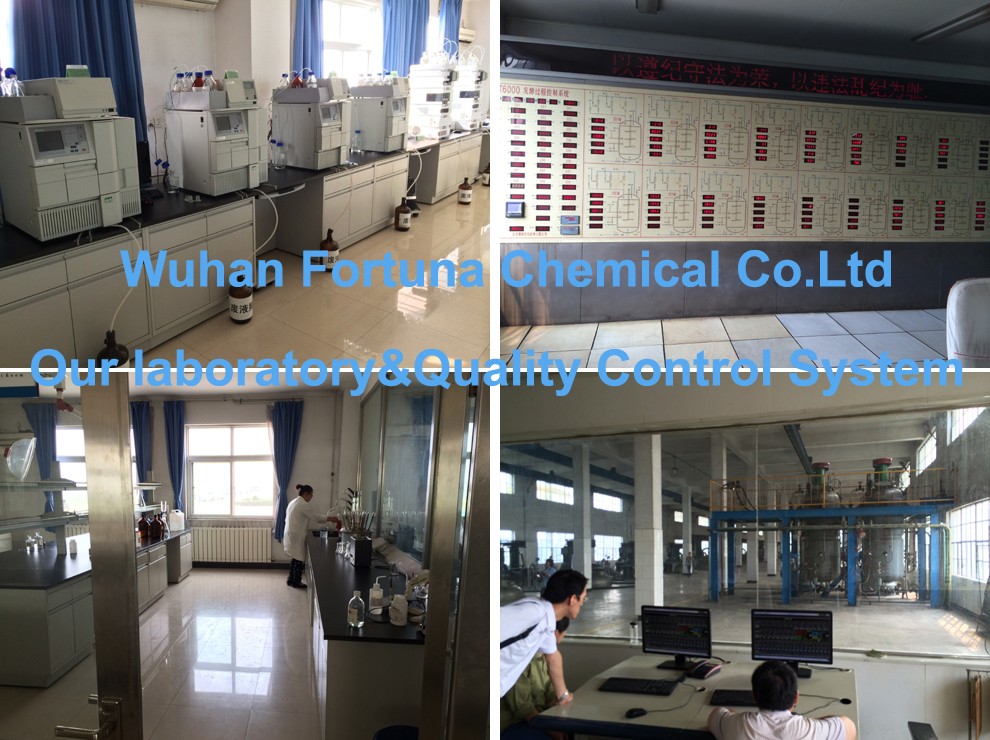
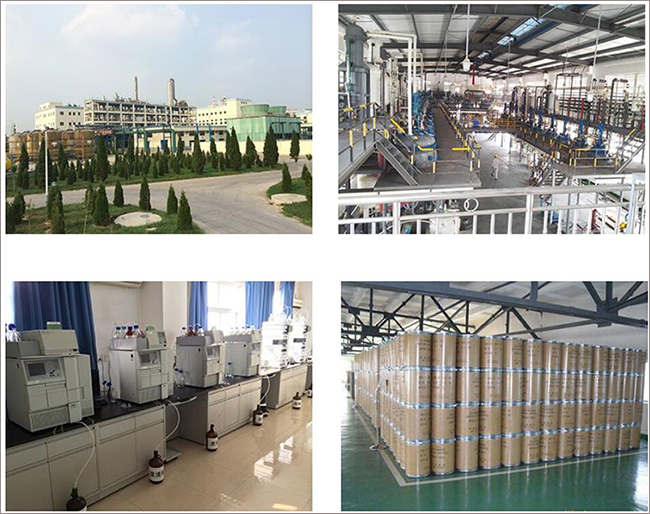

Fortunachem Provides Not Only Professional Chemical Products But Also Professional Help
Keeping you up-to-date with all the latest information, news, and events about Fortunachem!

Quick Links
Add:
E-mail:
 English
English  Español
Español  français
français  العربية
العربية 